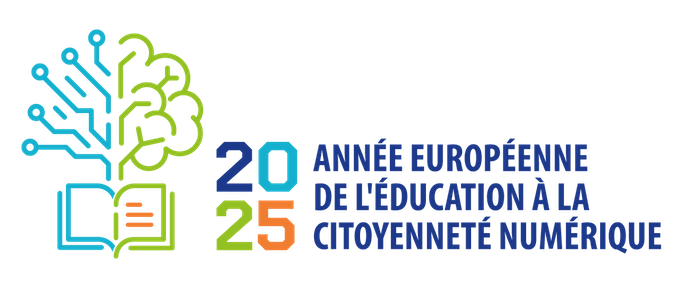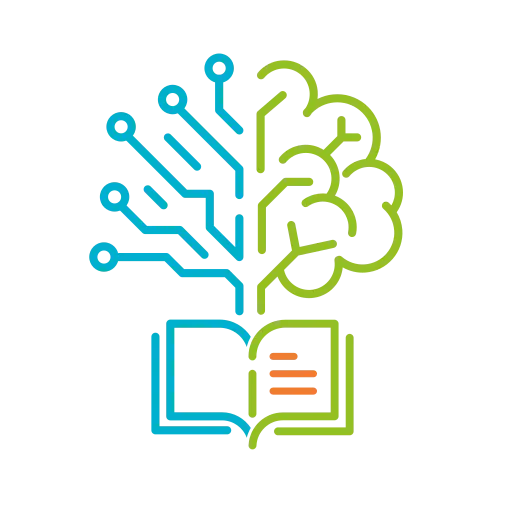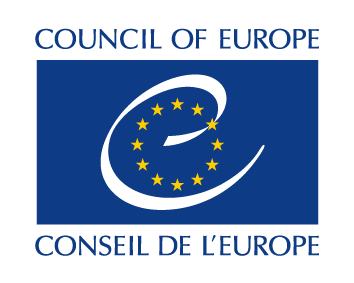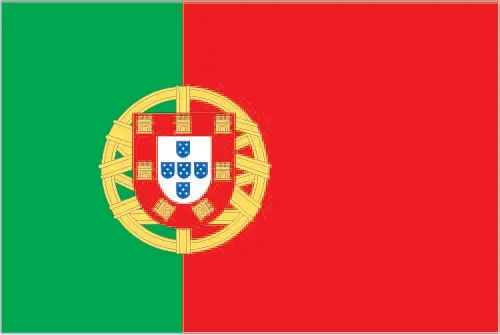1. Digital Services Act 2024 Decree-Law 20-B/2024. It is a regulatory framework established by the European Union to ensure the protection of consumers and create a safer digital environment. It introduces new obligations for digital service providers, including transparency in content moderation, protection of minors, rules on online advertising, and measures against illegal content. The Act applies to intermediary services like social networks and online marketplaces and imposes stringent penalties for non-compliance.
2. National Strategy for Citizenship Education 2017 developed by the Working Group on Citizenship Education aims to provide a comprehensive framework for citizenship education in Portugal. Its objectives include fostering civic conduct, equality, respect for human rights, and democratic values among Portuguese children and youth. It emphasizes the importance of integrating citizenship education from pre-school to the end of compulsory education, ensuring that students develop skills and values necessary for sustainable and inclusive development. The strategy also aligns with international and national reference documents, promoting a holistic and inclusive approach to citizenship education. The National Strategy for Citizenship Education 2017 references two documents from the Council of Europe related to DCE:
(i) Charter on Education for Democratic Citizenship and Human Rights Education;
(ii) Competences for Democratic Culture Living together as equals in culturally diverse democratic societies
3. Digital Skills e 2030 – Portugal (INCoDE.2030) is a public policy initiative launched in 2017 aimed at promoting digital skills essential for citizenship, employability, and economic competitiveness in Portugal. It focuses on enhancing digital literacy, fostering innovation, and supporting the digital transition in education, inclusion, and public administration. The initiative includes collaboration between various government ministries and aims to position Portugal among the leading European countries in digital proficiency. It integrates DCE and integrates guiding principles of the recommendation such as critical and multifaceted thinking.
4. Action Plan for the Digital aims at accelerating Portugal’s digital transformation in the context of the fourth industrial revolution. The primary goal of the action plan is to make Portugal more competitive and resilient in the global economy through comprehensive digitisation of society and the economy. The action plan is structured into three main pillars of action: Capacity Building and Digital Inclusion, Digital Transformation of Businesses, and Digitalisation of Public Services. Under Capacity building and digital inclusion, there are plans to increase access to digital technologies, reskilling teachers with digital skills and integration of digital education in the secondary and primary school curricular.
5. “Digital Transition Action Plan” (Plano de Transição Digital), enacted by the Council of Ministers Resolution no. 30/2020, establishes a new digital transformation framework, through the adoption of an Action Plan for a more digital Portugal.
This includes structural initiatives, together with more immediate impact actions. It is in this framework that the Direção-Geral da Educação (DGE – Directorate-General for Education) has launched the Schools’ Digital Development initiative. The Plan aims to carry out and deploy a “Plano para o Desenvolvimento Digital das Escolas” (PADDE – Schools’ Digital Development Action Plan) as a means of promoting reflection and fostering the change of practices in educational organisations which functions as a strategic reference framework to support decision-making and monitoring the work undertaken in schools, in the digital field.
6. PADDE – School’s Digital Development Action Plan. To cope with the ongoing digital transformation, schools have set, as a priority, to integrate digital technologies into their routines, both in pedagogical and organisational settings. For this purpose and starting from a thorough internal reflection involving the various stakeholders, each school had to address different and specific areas and define its own global strategy for its digital development, building and implementing its “Plano de Ação para o Desenvolvimento Digital das Escolas” (PADDE – School’s Digital Development Action Plan).
The PADDE is a guidance and facilitating tool for the adaptation and implementation of digital technologies in teaching and learning processes. Moreover, it aims at helping schools in reflecting on and defining strategies that allow the use of the digital potential, integrating it, in a holistic way, in the organisation, based on 3 dimensions:
I. Organisational – leadership; collaborative work; professional development of the school’s human resources;
II. Pedagogical – curriculum development and assessment; teaching practices; use of open education resources;
III. Technological and digital – infrastructure, equipment, and internet access; digital platforms.
Bearing this, all schools were requested to integrate digital technology and the pursuit of active digital citizenship within teachers’ professional and pedagogical practices and students’ learning activities.
Thus, and within a whole-school approach, both teachers and students will be empowered to use technologies and infrastructures with confidence and security, which, at the end of the day will ensure greater equality and inclusion.
To draw his/her School’s Digital Development Action Plan (PADDE), the school’s/school cluster’s headmasters had to put together its “Equipa de Desenvolvimento Digital” (EDD – Digital Development Teams) which is meant to assist its school, in the process of creating, implementing, monitoring, evaluating, and rewriting its PADDE.
A training guide was issued to support the EDD (Digital Development Teams) at school in the development of monitoring and evaluation strategies for the actions included in its PADDE. This guide named « PADDE Monitoring Course » was subsequently forwarded to the Schools Association Training Centres (CFAE) to be disseminated and promoted by the corresponding Digital Ambassadors.
The PADDEs, which were developed in a training setting, are intended to support the “Equipa de Desenvolvimento Digital” (EDD – Digital Development Team) in designing and promoting digital integration strategies and actions to improve the quality of the work carried out. During the training provided, teachers were challenged to draw up a PADDE for their school, in a network process that promoted an organisational transformation. Another goal of this training was to involve these teams in supporting communities, backed up by collaborative and interdisciplinary work, stimulating reflection, sharing, and critically use the digital, in educational settings.
7. Prevention and Combat Plan against Bullying and Cyberbullying. Attentive to the phenomena of bullying and cyberbullying and the impact these can have on children and young people, the Ministry of Education, in the 2019/20 school year, decided to develop and propose to schools the implementation of an anti-bullying and cyberbullying plan in accordance with Dispatch No. 8404-C/2019.
The Ministry of Education continues to promote the « Prevention and Combat Plan against Bullying and Cyberbullying » in schools, an important tool for raising awareness, prevention, and intervention aimed at the entire educational community, with the goal of eradicating these phenomena.
It is noteworthy that approximately 435 School Groups have been certified with the « Bullying-Free School / School Without Violence label.
More recently, the Ministry of Education, Science and Innovation (MECI), through Order no. 11152/2024, of 23rd September, proceeded to create a Working Group to Combat Bullying in Schools.
8. The National Plan Media Literacy Resolution of the Council of Ministers no. 105/2024, of August 21 which revokes 142/2023 and announces a new plan to be approved by the Council of Ministers.
9. The Curricular Guidelines for ICT in the 1st Cycle define ICT as a cross-cutting area, with Digital Citizenship being one of its domains. In the Essential Learning of the ICT subject, which covers students from the 5th to the 9th grades of schooling, the domain of security, responsibility and respect in digital environments is contemplated.
10. The National Strategy for Education for Citizenship includes a set of domains that address Digital Citizenship issues, namely: Human Rights (Hate Speech including cyberbullying), Media (Media Education), Health (Online addictions, all forms of violence including bullying), Sexuality (online risk behaviours such as sexting, sextortion and grooming) and Security, Defence and Peace (Cybersecurity).
Sources
- https://www.cuatrecasas.com/en/portugal/intellectual-property/art/digital-services-act-new-regime-for-intermediary-services
- https://cidadania.dge.mec.pt/sites/default/files/pdfs/national-strategy-citizenship-education.pdf ;
https://cidadania.dge.mec.pt/sites/default/files/pdfs/perfil-dos-alunoscompletocapaingles.pdf
https://rm.coe.int/rfcdc-por-volume-1/1680a34ab8
https://rm.coe.int/rfcdc-portuguese-version-vol-2/1680983618
https://cidadania.dge.mec.pt/documentos-referencia - https://www.incode2030.gov.pt/en/incode-2030-en/
- https://portugaldigital.gov.pt/wp-content/uploads/2022/01/Portugal_Action_Plan_for_Digital_Transition.pdf
- https://digital.dge.mec.pt/documentos-de-referencia
- https://www.sembullyingsemviolencia.edu.gov.pt/
- https://diariodarepublica.pt/dr/detalhe/despacho/11152-2024-888560032
- Curricular Guidelines for ICT in the 1st Cycle
the Essential Learning of the ICT subject - National Strategy for Education for Citizenship



